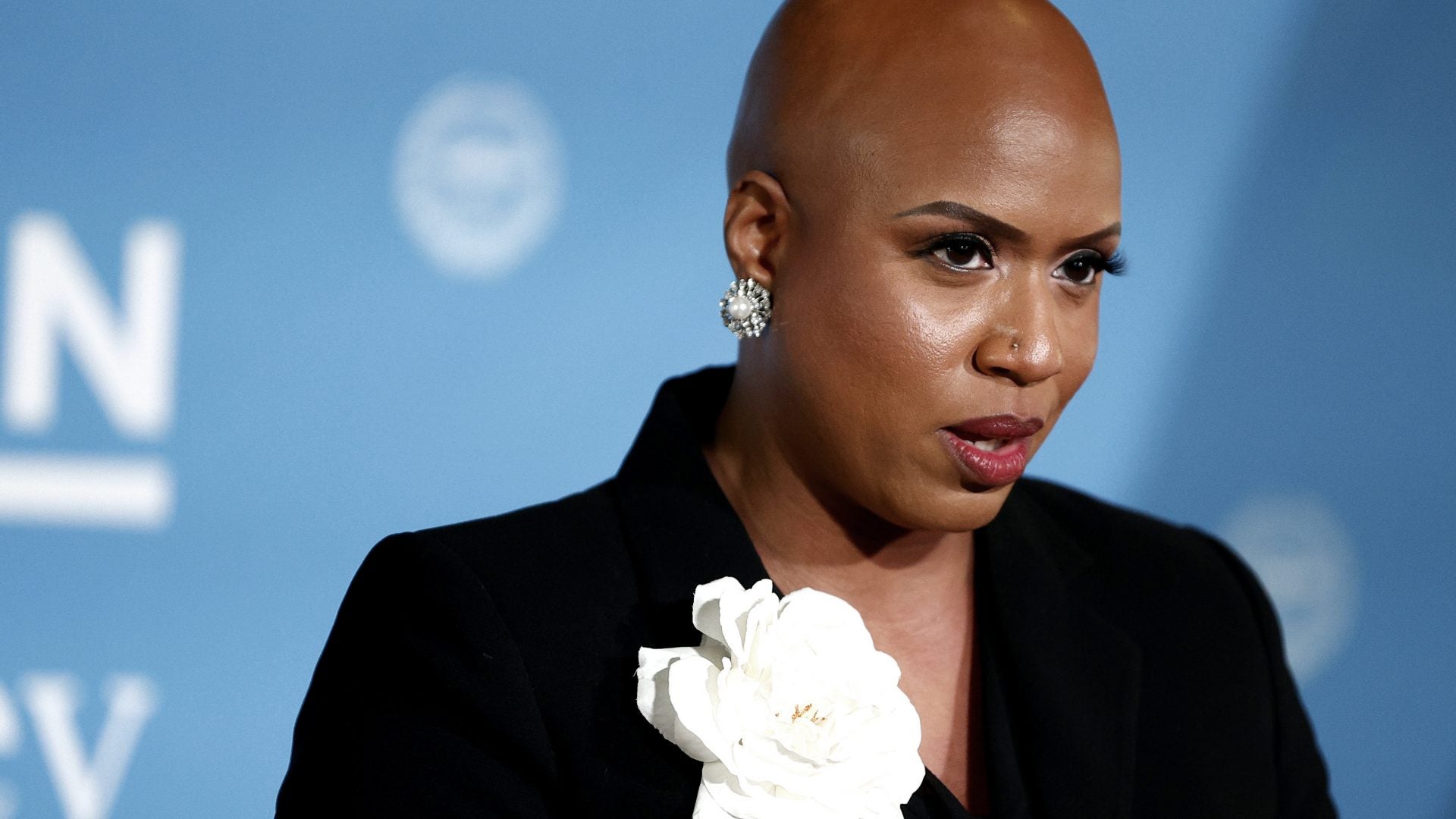
Pressley testified on Tuesday before the Senate Banking, Housing, and Urban Affairs Committee’s Subcommittee on Economic Policy. It’s chaired by Senator Elizabeth Warren (D-MA), who’s frequently championed bold policy solutions for student borrowers.
Rep. Pressley discussed the myriad implications that student debt has on people across the country.
“The grandmother who is still paying off student loans. The young parent who can’t afford childcare, rent, and her student loan payments. The teacher who fears losing his teaching license because he can’t come up with that monthly student loan payment, not even the minimum,“ she told the committee.
Many of those significantly impacted are people of color. Data has shown Black women carry higher student loan debt than other groups.
“So for our students who don’t have the benefit of intergenerational wealth—specifically our Black and brown students—signing on the dotted line for those student loans have been the only way to pursue a degree,” Pressley testified. “That was certainly true for me. I know what it is to lie awake at night, panicked over a student loan in default, despite working 12-hour days.”
Back in February, Reps. Pressley, Alma Adams (D-NC), Ilhan Omar (D-MN) and Mondaire Jones (D-NY), joined Warren and Senate Majority Leader Chuck Schumer at a press conference to reintroduce a resolution around this issue. The lawmakers have called upon President Joe Biden to cancel up to $50,000 in student debt through executive action. The president has spoken in favor of potentially canceling $10,000 for borrowers.
Today, some 43 million people in the U.S. have collective student loan debt of $1.6 trillion. Studies show that cancelling student debt would substantially increase Black and Latino household wealth and help narrow the racial wealth gap.
Pressley told her colleagues the student debt crisis is rooted in policy, some of which Congress helped to craft. “Policy decisions were made that ensnare generations in the student debt trap. Congress crafted through policy and deregulation an economy where college degrees are increasingly essential for economic survival, but their sticker price is far too out of reach for most families,” she said.
Pressley said it’s time to take “bold action” to address the inequities and disparities.
“When the history books are written, this moment will be defined by the actions we took, or fail to, in the face of unprecedented crises and economic pain.”